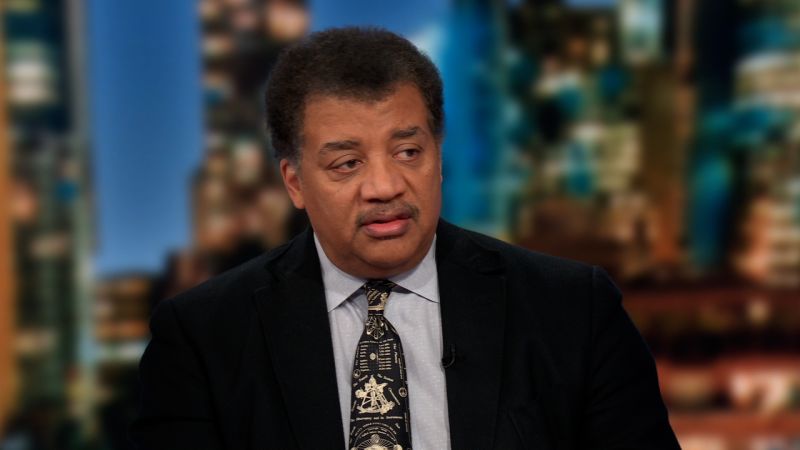The Cosmic Confession: Why Neil deGrasse Tyson Shunned Space Travel in His Youth

In a compelling discussion with CNN's Erin Burnett, renowned astrophysicist Neil deGrasse Tyson offered critical insights into the potential consequences of President Trump's recent executive orders targeting Diversity, Equity, and Inclusion (DEI) programs, with a particular focus on their impact on NASA's scientific and research initiatives.
Tyson, known for his passionate advocacy of scientific progress and inclusivity in STEM fields, expressed deep concern about how these orders might undermine the agency's ability to attract and retain diverse talent. He emphasized that scientific innovation thrives when perspectives from varied backgrounds are welcomed and integrated into research teams.
The conversation highlighted the critical role diversity plays in driving scientific discovery, with Tyson arguing that limiting opportunities based on demographic factors could potentially stifle groundbreaking research and technological advancements. NASA, historically a beacon of human achievement and exploration, risks losing its competitive edge by restricting its talent pool.
As a prominent voice in the scientific community, Tyson's commentary underscores the broader implications of these executive orders, suggesting they could have far-reaching consequences beyond immediate institutional changes, potentially impacting the future of American scientific leadership and innovation.

